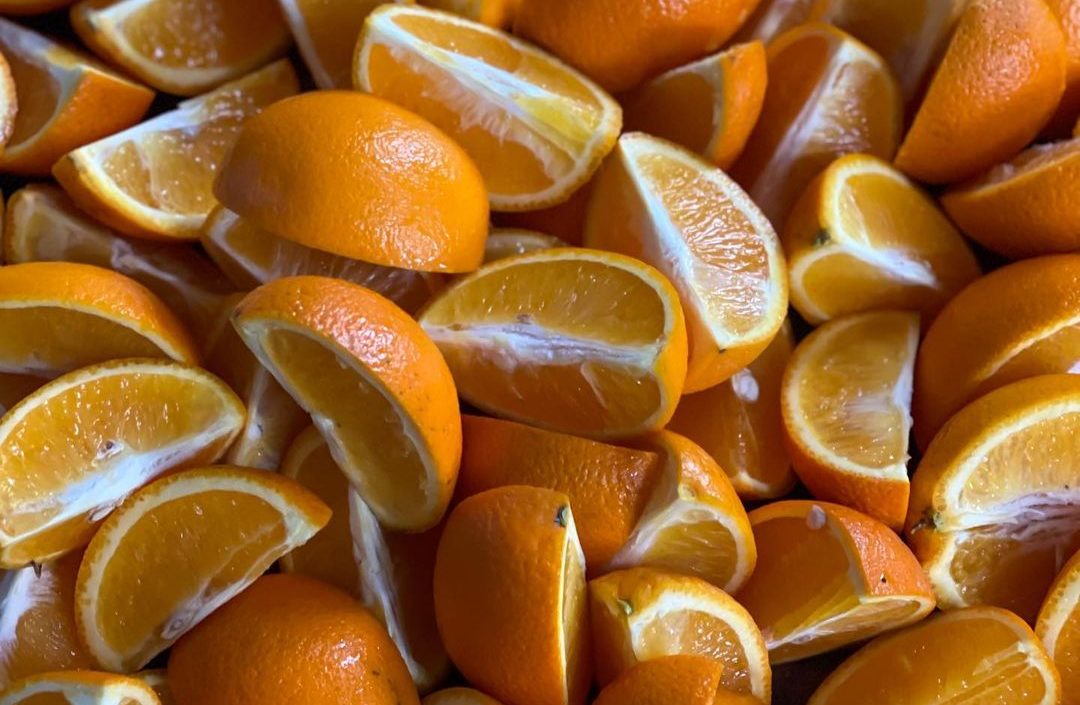
Leafy greens
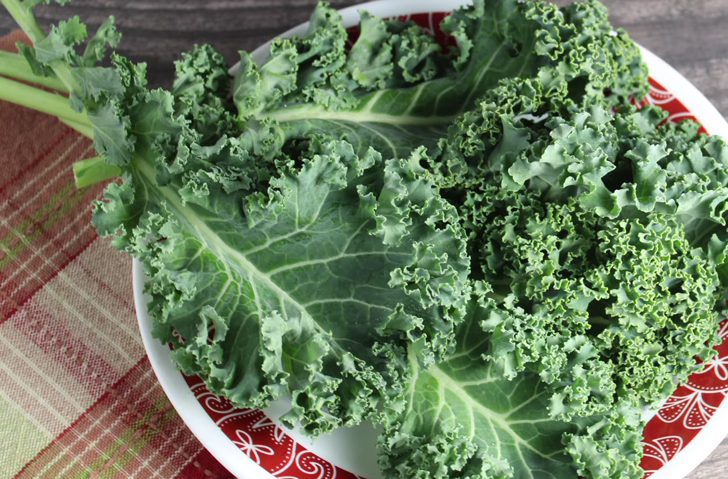
Opt for low-carb veggies like kale to minimize gas and bloating, instead of higher-carb options such as cucumber, broccoli, or cauliflower. Ensure that you cut kale into small, easily digestible pieces to minimize your chances of experiencing flatulence. Including greens in your diet also provides essential nutrients like iron, magnesium, and fiber.
Lean chicken
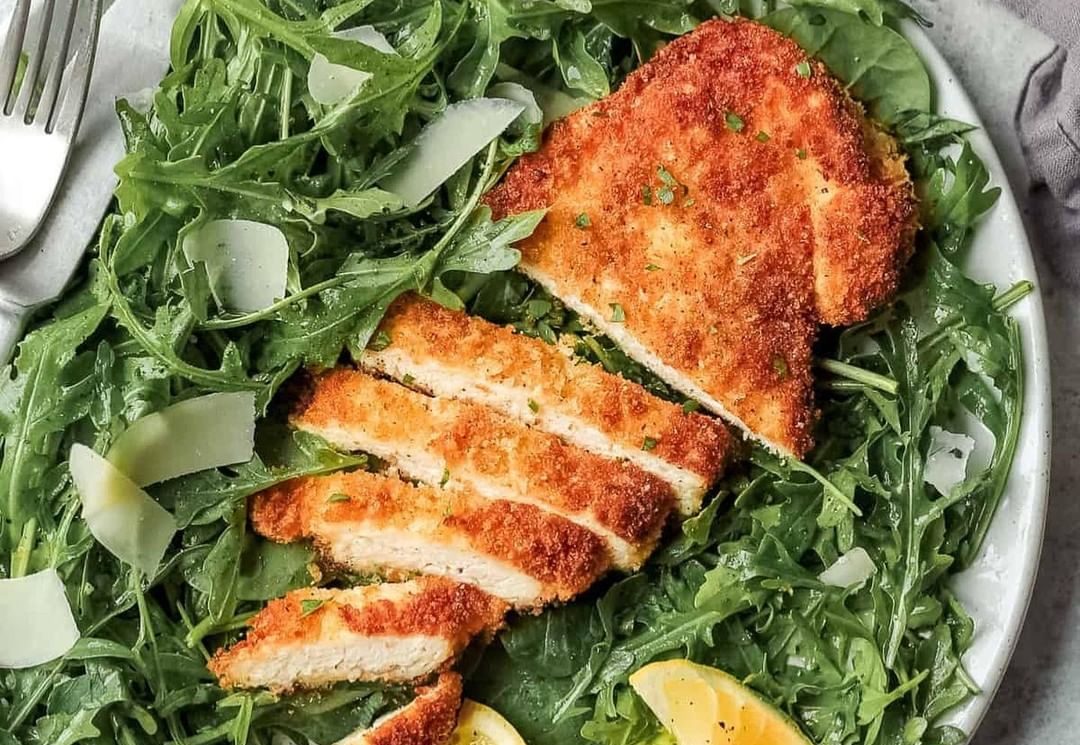
Choose leaner cuts of meat to reduce the chances of gas and bloating, cutting them into fine slices that are easy to consume. White meat doesn’t contain a lot of fiber, meaning you won’t feel gassy – just comfortably full. Ensure that you don’t lavish the meat in lashings of sauce to keep the gas at bay.
Rice
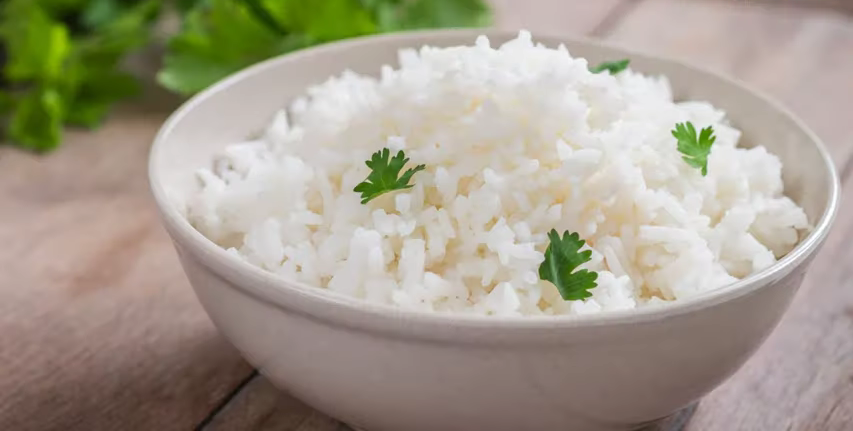
Swap wheat-based bread and pasta, notorious for causing gas and bloating, with rice-based alternatives. Rice and rice noodles are gentle on digestion, unlike wheat and corn products. Consider using rice flour in your baking endeavors, although the portion sizes may differ from your usual recipes.
Peanut butter
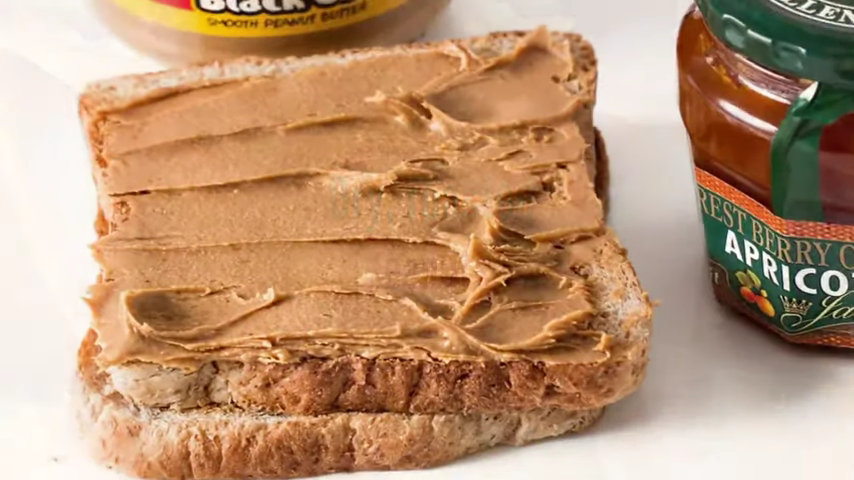
Choose nut butters like peanut butter and almond butter for protein-rich options that won’t cause gas and bloating. Stick to the creamy, smooth varieties and avoid whole nuts, as they can lead to feelings of flatulence. Focusing on protein sources is a smart way to minimize the risk of excessive gas.
Fish and seafood

Incorporate fish and seafood into your meals without the fear of feeling overly stuffed. These protein-rich options contain minimal excess fat. Furthermore, the omega-3 fatty acids found in fish like salmon and tuna are in a separate category and do not contribute to gas or bloating. Include shrimp, salmon, and other types of fish in your weekly diet for a satisfying and comfortable dining experience.
Nut milk
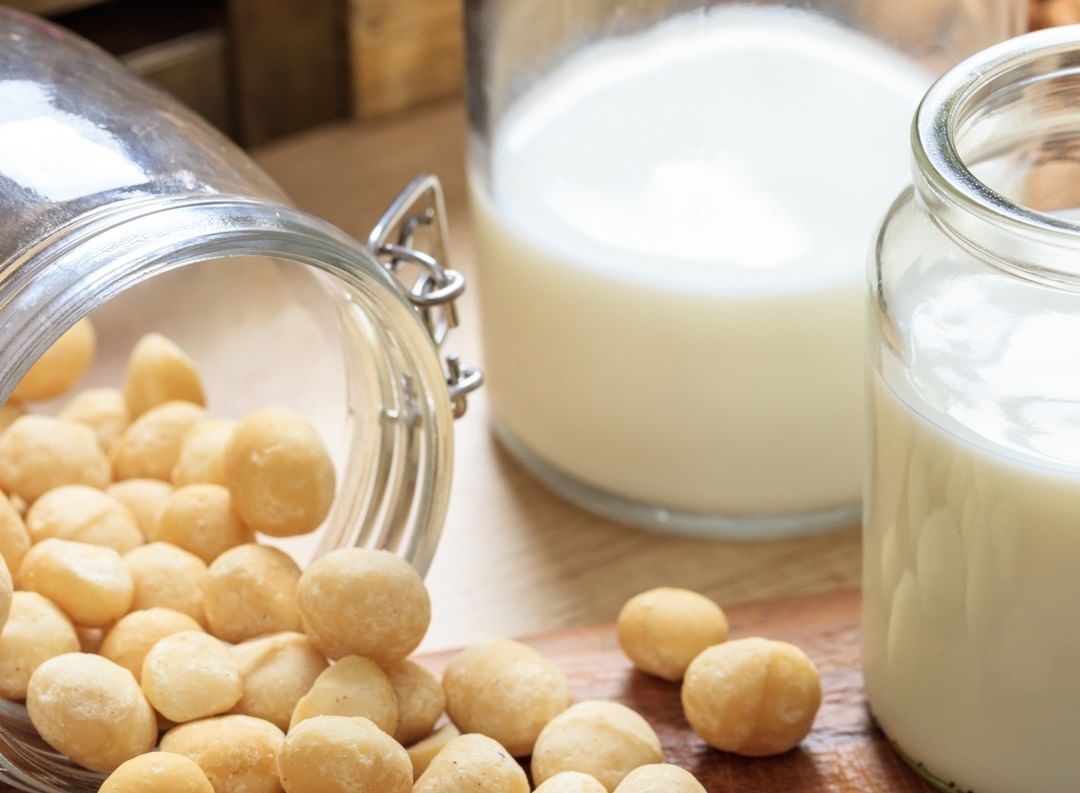
Cow milk, cream, and butter are well-known for their potential to induce gas and bloating. Moreover, dairy products can cause intolerance or allergic reactions in many individuals. To sidestep the discomfort of gastrointestinal issues associated with cow’s milk, consider opting for nut milk alternatives like almond or cashew milk. Enjoy the benefits of these non-dairy options while avoiding unwanted digestive complications.
Soy products and tofu
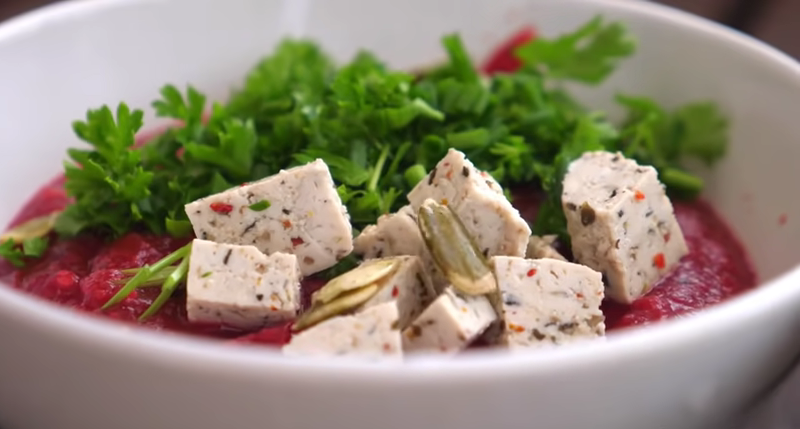
Explore the variety of delectable soy products that offer a satisfying and non-bloating experience. Soy milk, along with soy butter, soy meat substitutes, raw soybeans (edamame), tofu, and soy desserts, are all delicious options to consider. Tofu, in particular, is highly versatile and easily absorbs the flavors of other ingredients in a dish, making it a fantastic addition to your meals.
Eggs
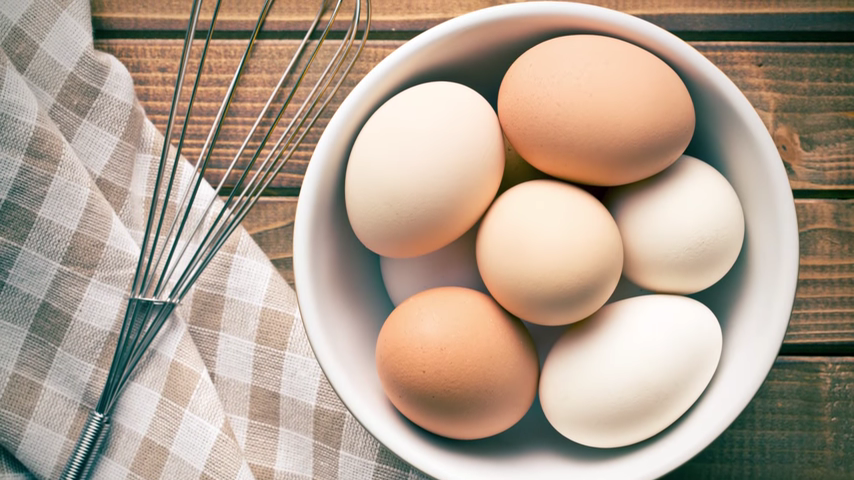
Eggs, a protein-rich food, are known for causing minimal gas and bloating. They are affordable and offer versatility in preparation, ensuring you won’t get bored incorporating them into your diet. To maximize their anti-flatulent benefits, it’s recommended to use minimal butter when cooking eggs, leaving you feeling full but comfortable.
Change the way you eat

There are also lifestyle changes you can make to reduce or prevent flatulence. Practice thorough chewing and eat at a slower pace. Not only will you find that you enjoy your food more, you’ll also break the items down into more manageable sizes, allowing your gut to process the food without causing high levels of gas.
Spinach
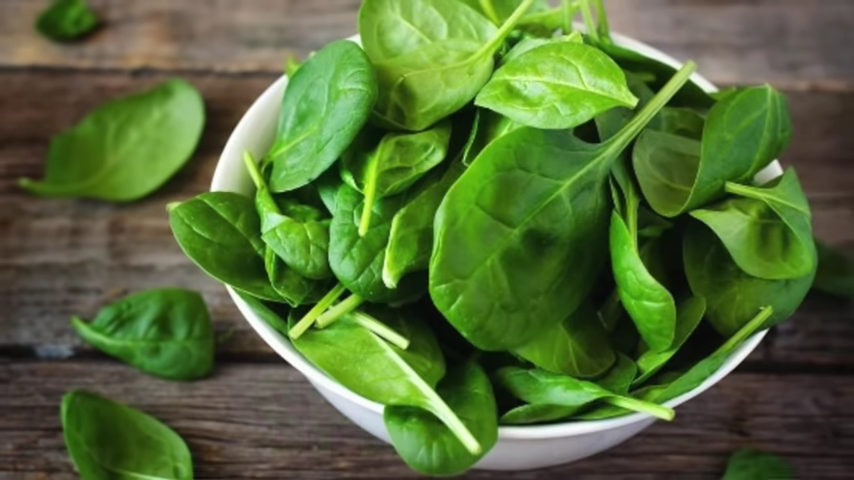
Spinach is one of the world’s greatest superfoods, packed full of vitamins and minerals. Not only is it incredibly good for your overall health, spinach can also help to prevent flatulence. The high levels of magnesium found within its leafy greens are the perfect way to counter any stomach discomfort.
Peppermint tea
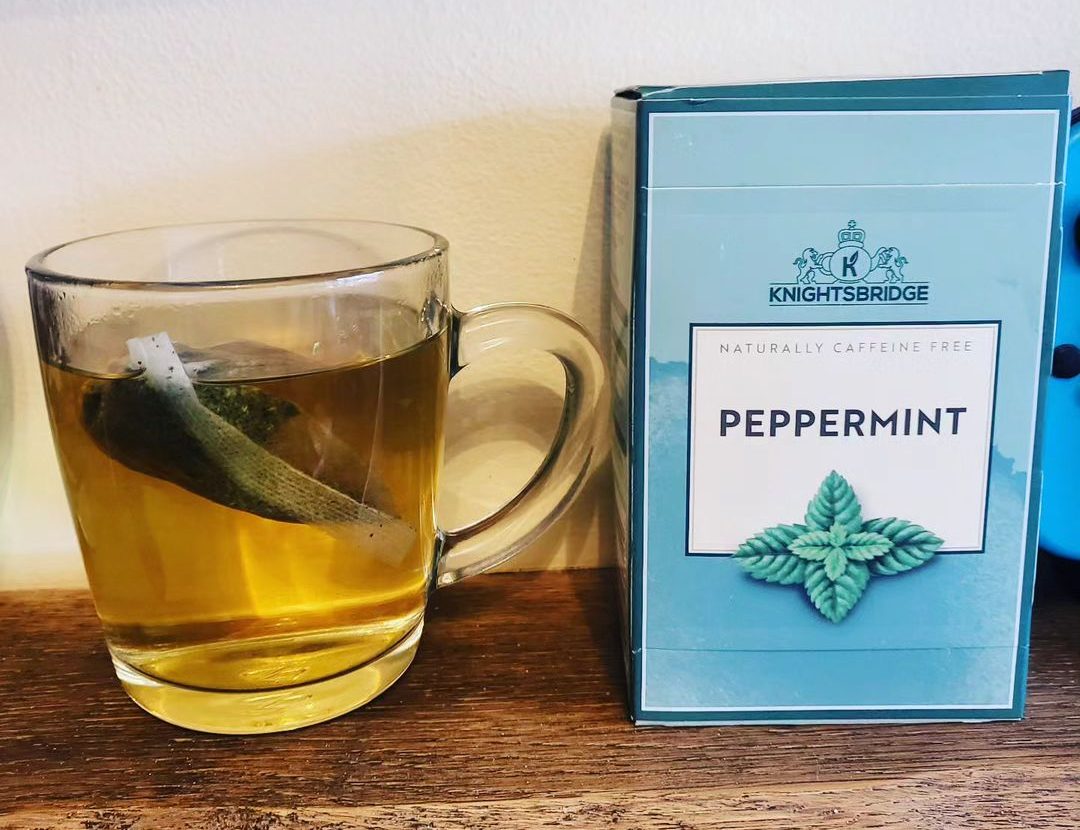
Peppermint soothes the gut, relaxing the muscles in the digestive tract. Studies have shown that frequently drinking peppermint tea can even relieve symptoms of IBS, making it a prime choice if you’re looking to combat any painful stomach woes. Incorporating mint into your cooking can provide similar beneficial effects.
Peppers
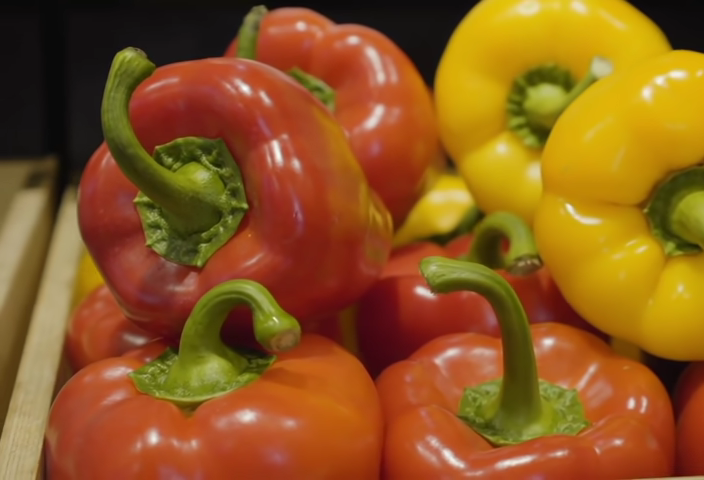
Bell peppers are high in water content, helping to flush waste from the colon, preventing bloating, gas, and cramping. These sweet salads are also high in potassium, which will combat any stomach puffiness brought on by sodium. It’s wise to eat peppers in moderation, however, as they are also high in fiber.
Blueberries
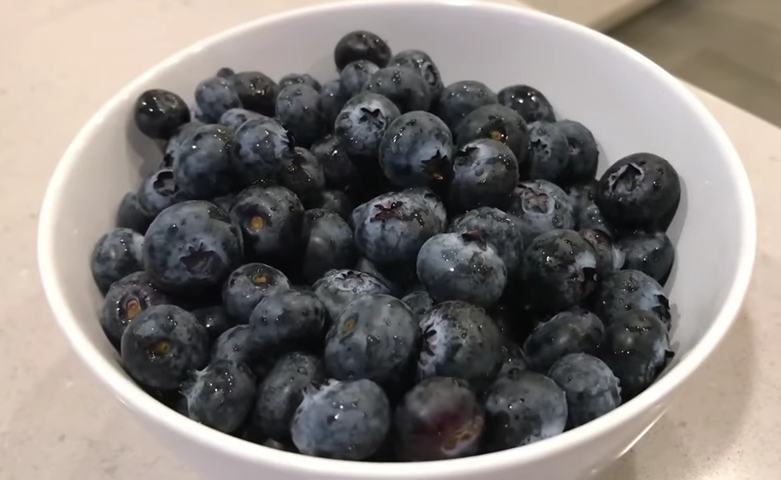
Not only are blueberries packed with body-boosting antioxidants, they’re also a fantastic way to promote healthy digestion. High in water content, these superfoods are the perfect choice to help clear your system. They’re easy to incorporate into your diet, too – just sprinkle a handful over your breakfast cereal to kickstart your day the right way.
Papaya
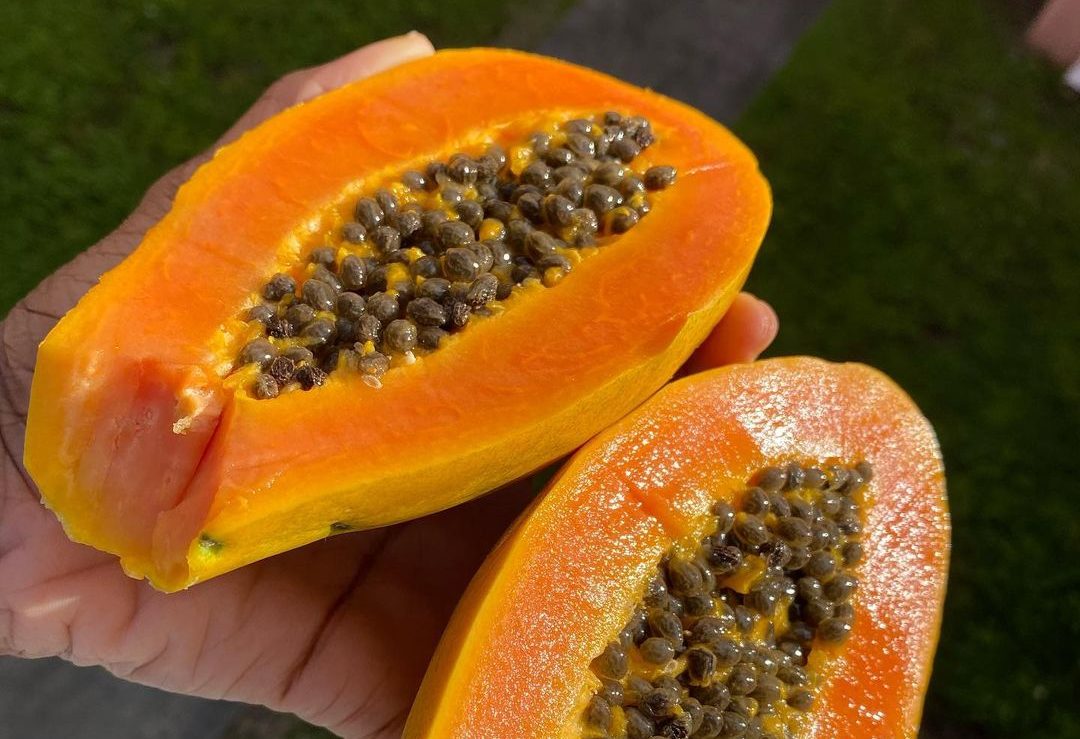
These delicious fruits are packed full of the enzyme papain, helping to break down other foods in your gut. In turn, this promotes healthy digestive health, reducing chances of stomach pain, flatulence, and symptoms of bloating. The seeds found within papayas also have gut-boosting effects.
White beans
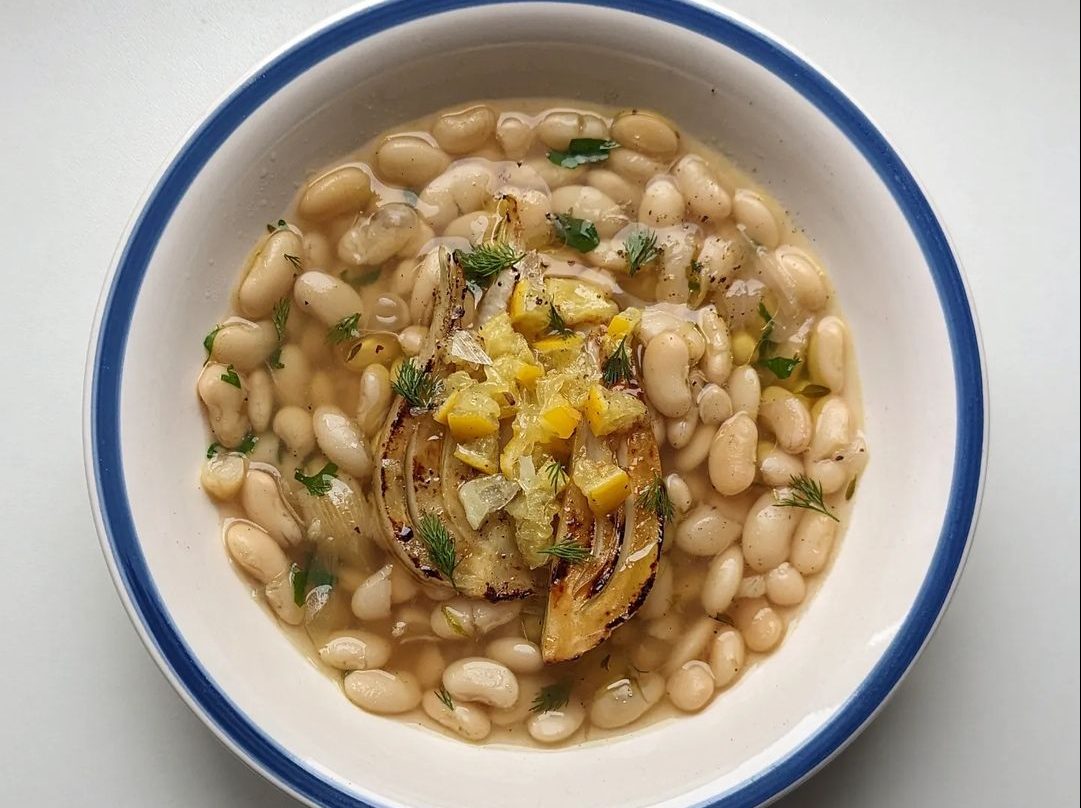
Beans can notoriously lead to mega levels of bloating, leaving you feeling uncomfortable and sluggish. White beans, however, have the opposite effect, promoting regular bowel movements to limit bloat caused by constipation. High in potassium, these foods can easily be incorporated into soups and salads.
Tomatoes
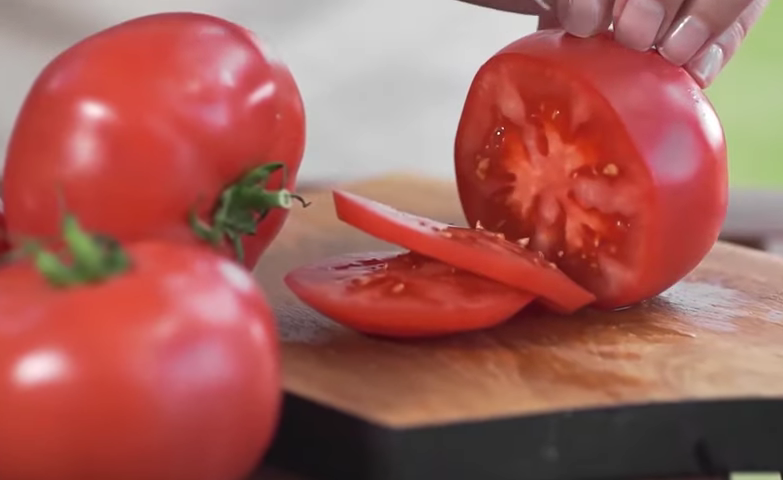
Bloating is caused by your body desperately trying to cling to fluid, plumping your stomach area. As tomatoes are roughly 95% water, regularly eating the fruits can significantly reduce your risk of experiencing bloating issues, along with pumping your body full of vitamin C and other necessary minerals.
Regularly exercise

Taking a walk is sometimes all that’s needed to help relieve trapped wind. Health experts suggest that at least 30 minutes of exercise three or four times a week can help keep flatulence, bloating, and burps at bay, alongside improving your mental and physical health.
Fennel seeds
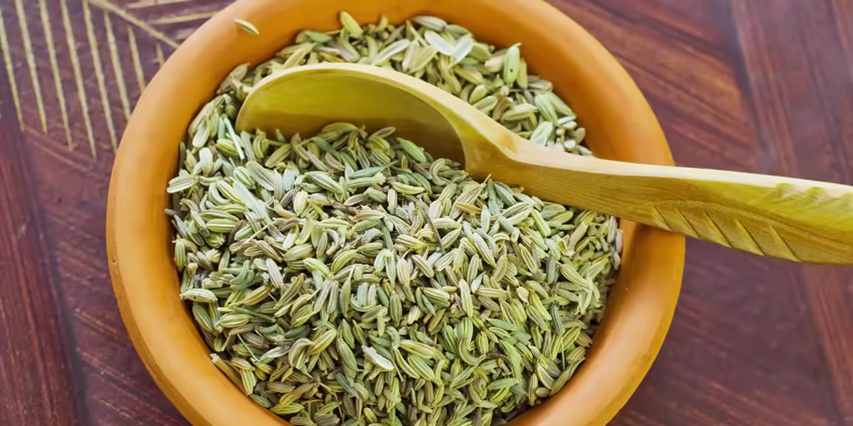
Fennel seeds are a superfood when it comes to reducing stomach issues. They help regulate the bacteria and fungi in your gut, leading to less tooting. You can eat fennel seeds whole, as a supplement, or crushed into a power to reap all of their gut-boosting benefits.
Watermelon
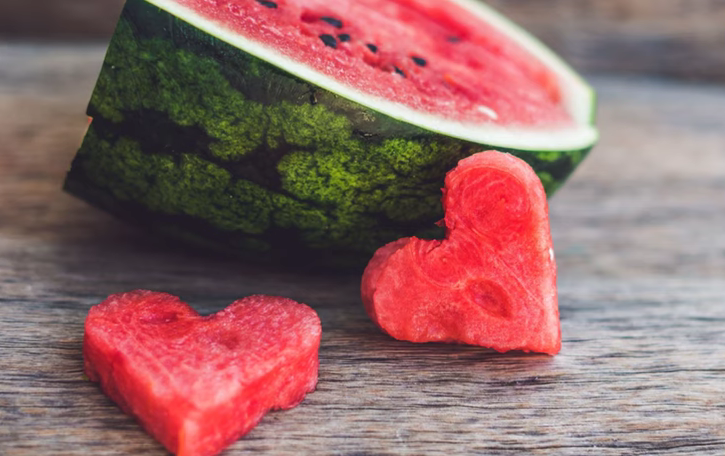
These watery fruits are packed full of phytochemicals such as vitamin C and beta-carotene, helping to calm bloat brought on by inflammation. As watermelons are made up of more than 90% water, they feature heaps of hydration, helping to fight tummy issues brought on by dehydration.
Sweet potato
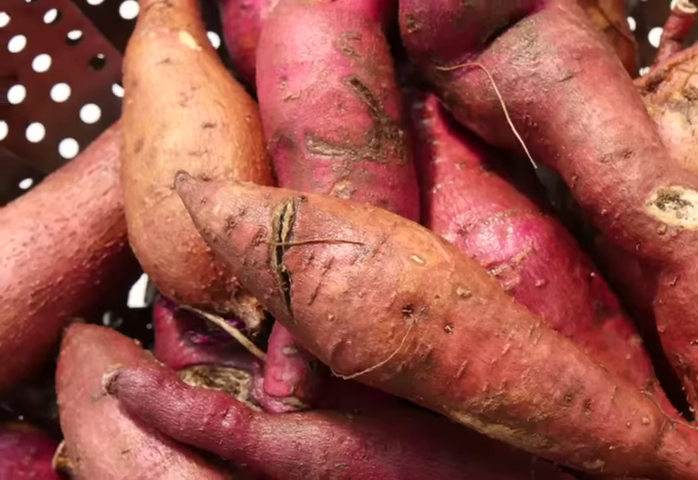
Sweet potatoes can help reduce flatulence – but only if you cook them right. Cut them into small cubes and then boil them for 10 minutes. This method will help to release some of the chemicals within that can cause gas, alongside promoting their high potassium content.
Grapefruits
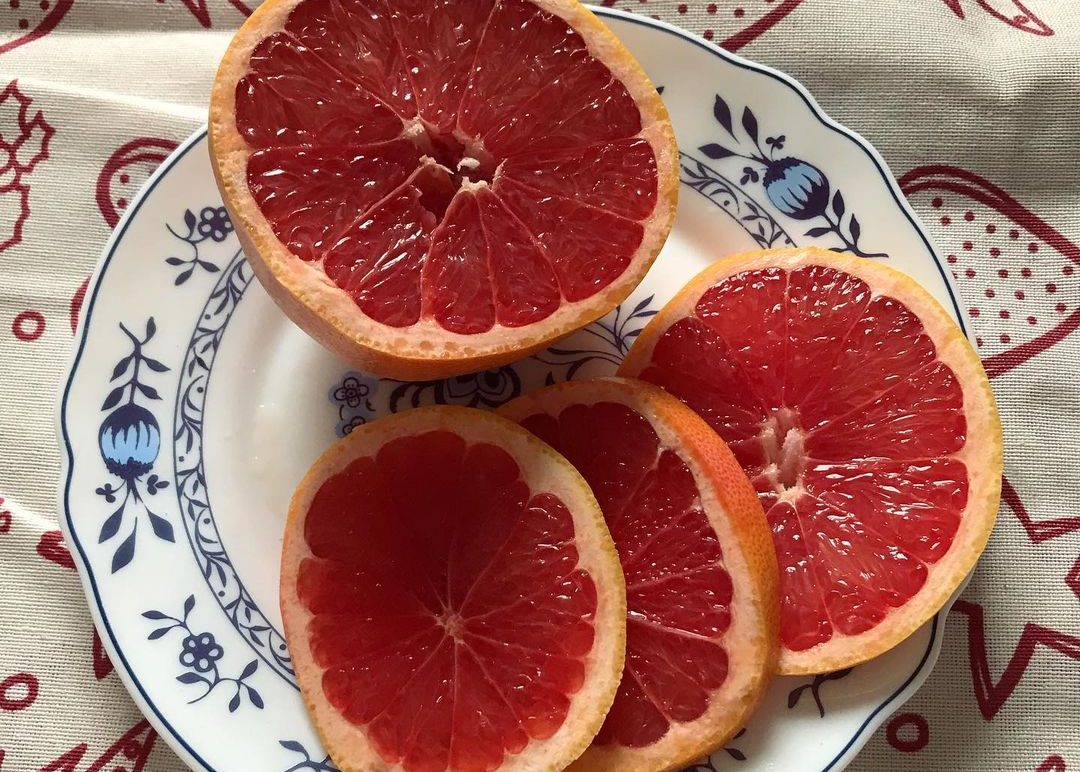
Add some grapefruit to your smoothie or fruit salad to boost your intake of vitamin C and water, and to help fight off the bloat. Grapefruits contain less fructose than other fruits, making them easier for your body to tolerate, lowering your chances of experiencing bouts of gas.
Kiwi

Regularly eating kiwis can promote your body’s gastric motility. It may mean more frequent trips to the bathroom, but it’ll significantly reduce stomach pains, bloating, and flatulence. Furthermore, kiwis are considered one of the healthiest foods on Earth, pumping your body with vitamins and antioxidants.
Pineapple

Along with being dense in water, this fruit also contains heaps of bromelain, a compound that breaks down proteins found in your stomach, leading to a lighter, bloat-free lifestyle. Pineapples also contain antibacterial properties that protect your gut from bacteria such as E. coli and general inflammation.
Don’t talk while you’re eating

We all know that you should never talk with your mouth full. Aside from basic manners, avoiding conversation while you’re chewing on your food stops you from swallowing down heaps of air, preventing gas from building up in your stomach, keeping uncomfortable bouts of trapped wind at bay.
Strawberries
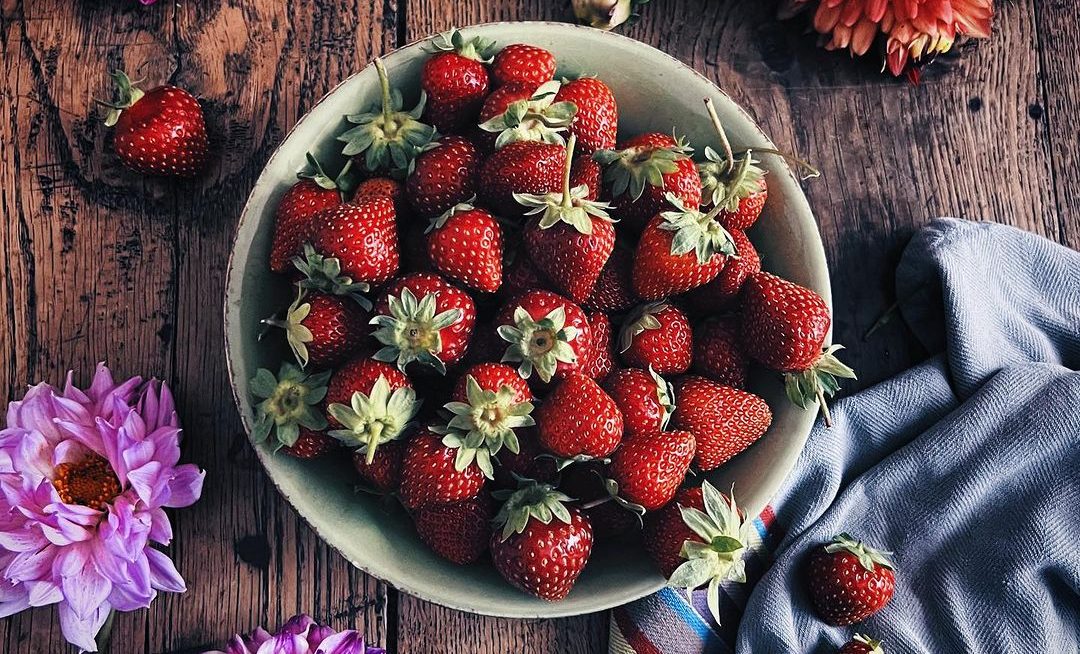
These sweet treats are deliciously tasty, adaptable enough to be used in an array of meals. Strawberries contain a healthy amount of fruit fiber, aiding with overall digestion and decreasing bloating that’s associated with gas. They can also help you to lose water-weight, alongside providing nourishing vitamins to your body.
Fermented veggies
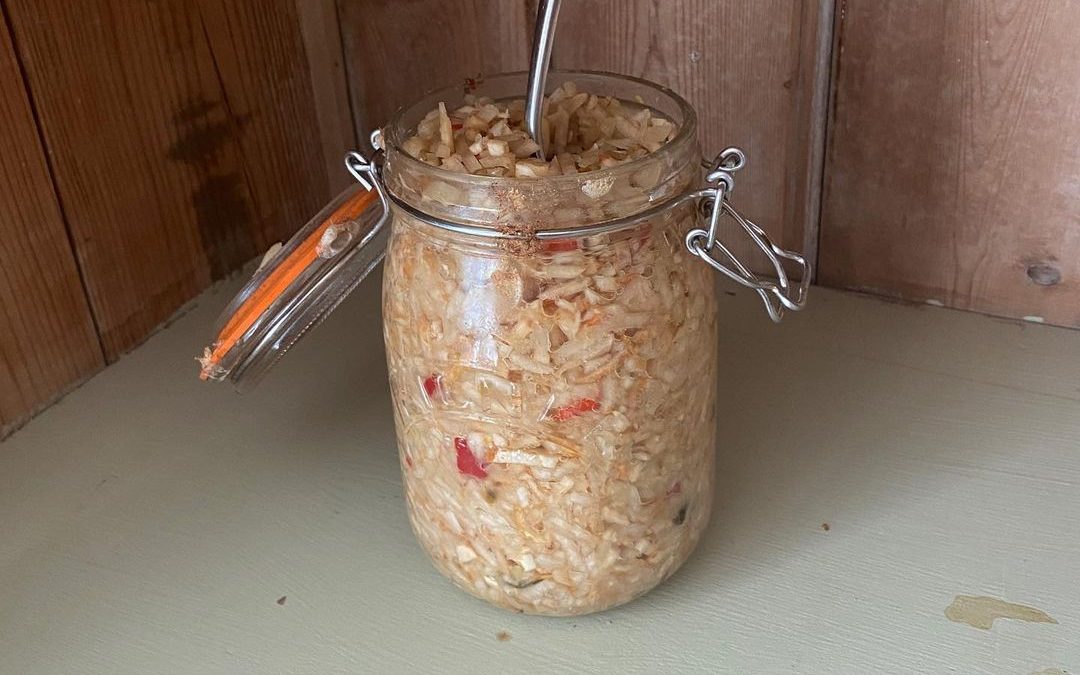
Fermented vegetables have been used for centuries as a great source of lasting daily nourishment. These veggies don’t only aid in gut regulation – preventing excess levels of flatulence – but they actually increase the nutritional content of other foods that you eat, boosting their vitamin content.
Avoid carbonated drinks
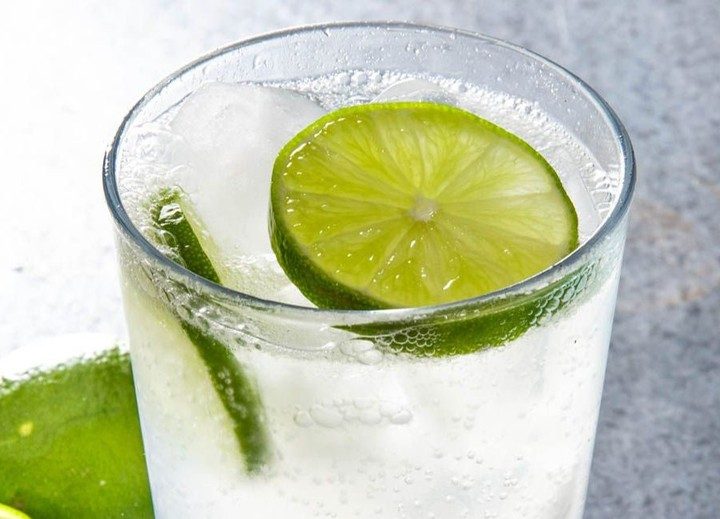
It shouldn’t come as a huge surprise that carbonated sodas can increase gas. The tiny bubbles found within these drinks result in more air being pushed towards your gut, leading to cramps, bloating, and, of course, higher levels of flatulence. If you do drink soda, ensure you sip it in small, gentle doses.
Grapes
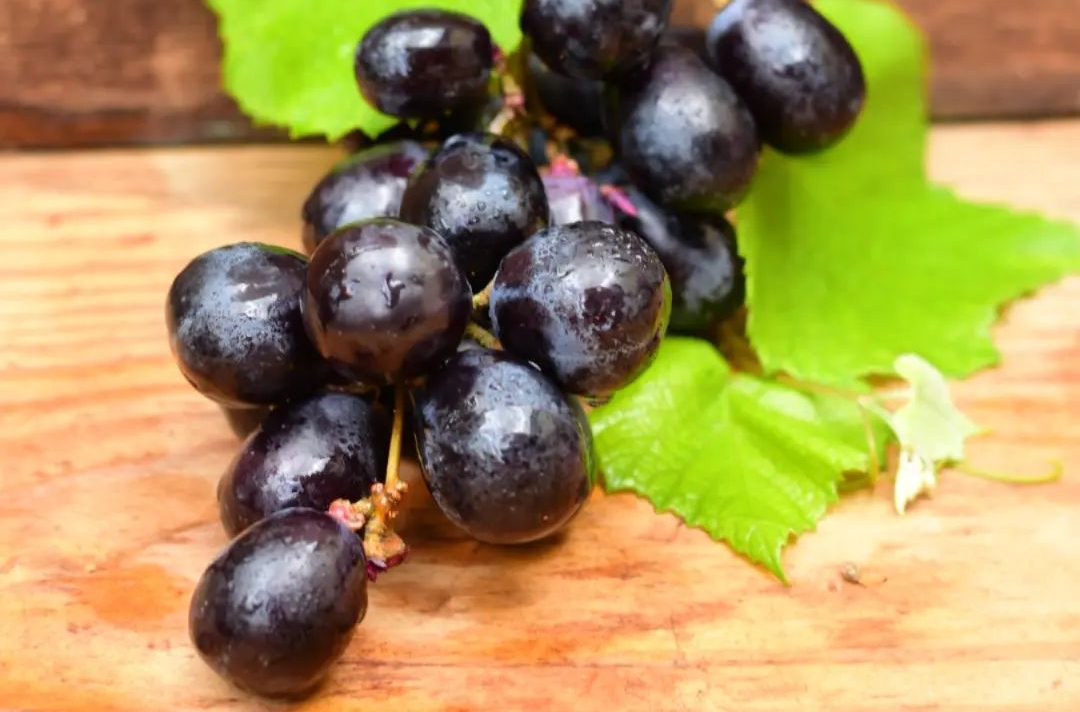
Grapes are the perfect snack to nibble on when you’re feeling bloated and full of gas, with their water content helping counter an array of stomach woes. However, ensure that you eat grapes in moderation when battling bloating, as too many of the sweet fruits can have detrimental stomach effects.
Yogurt
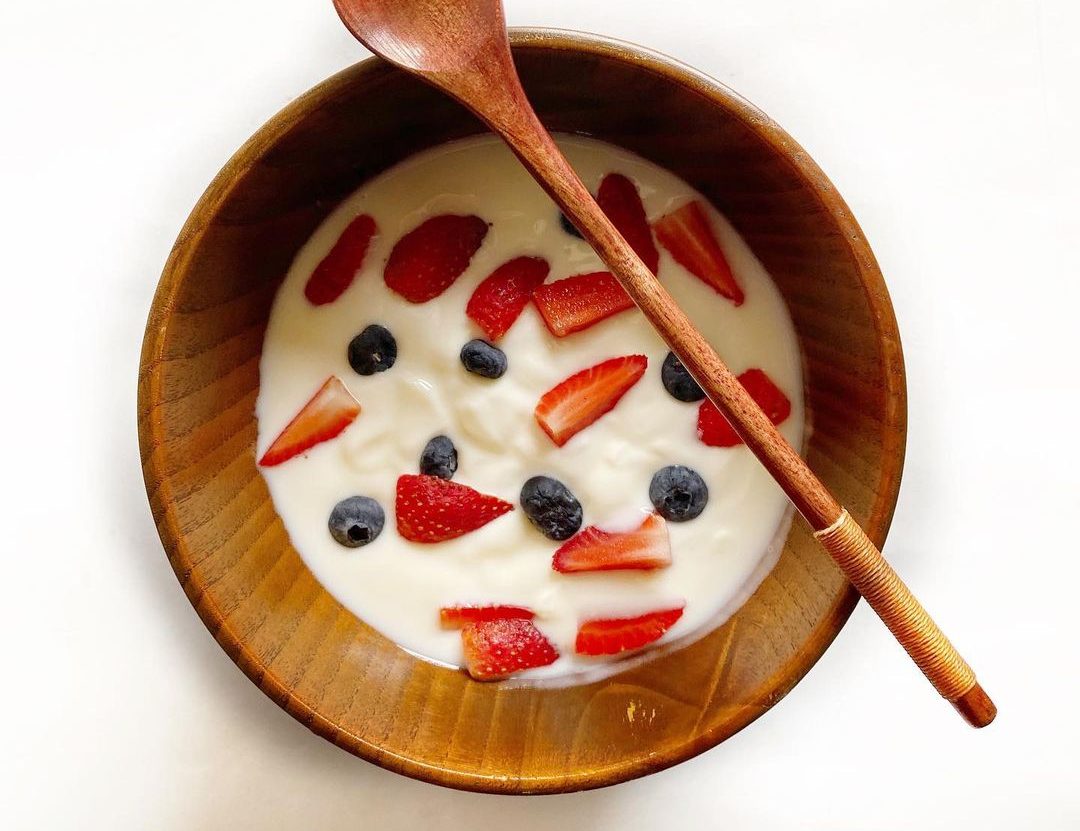
A healthy dose of yogurt every other day can help combat any potential gut woes, reducing your chances of unexpectedly tooting. Ensure you go for plain yogurt for the best results, alongside sweetening it with other gut-boosting fruits such as blueberries, pineapple slices, and strawberries.
Steam your food
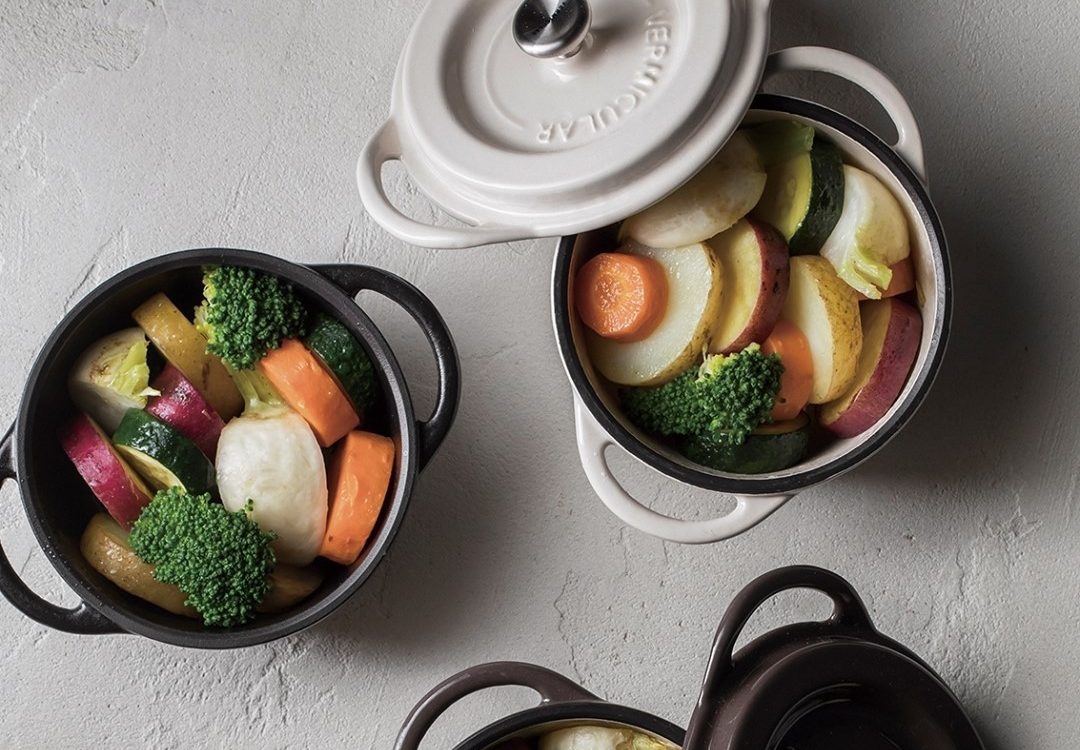
How you cook your food can greatly influence the effects it has on your body. Steamed foods are easier for your gut to break down into manageable chunks, eliminating the chances of encountering unwanted bouts of wind. Steaming your veg also allows them to keep their vitamins and minerals, making them better for your overall health.
Crackers
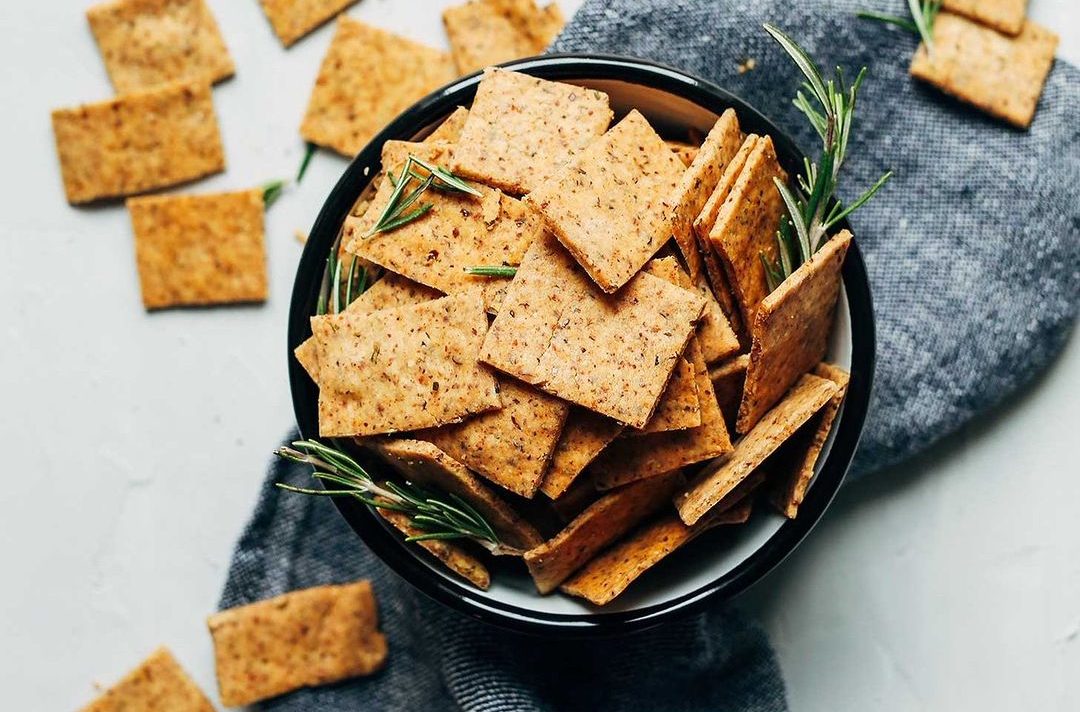
Bland foods like crackers pass through your system with little fanfare, soaking up irritating acids that can cause a variety of bowel issues. Plain crackers are also primed to combat any feelings of nausea, helping to bring your stomach back to a neutral state. Ensure you don’t overindulge, however, as crackers are full of salt – an excess of which can make gas worse.
Asparagus
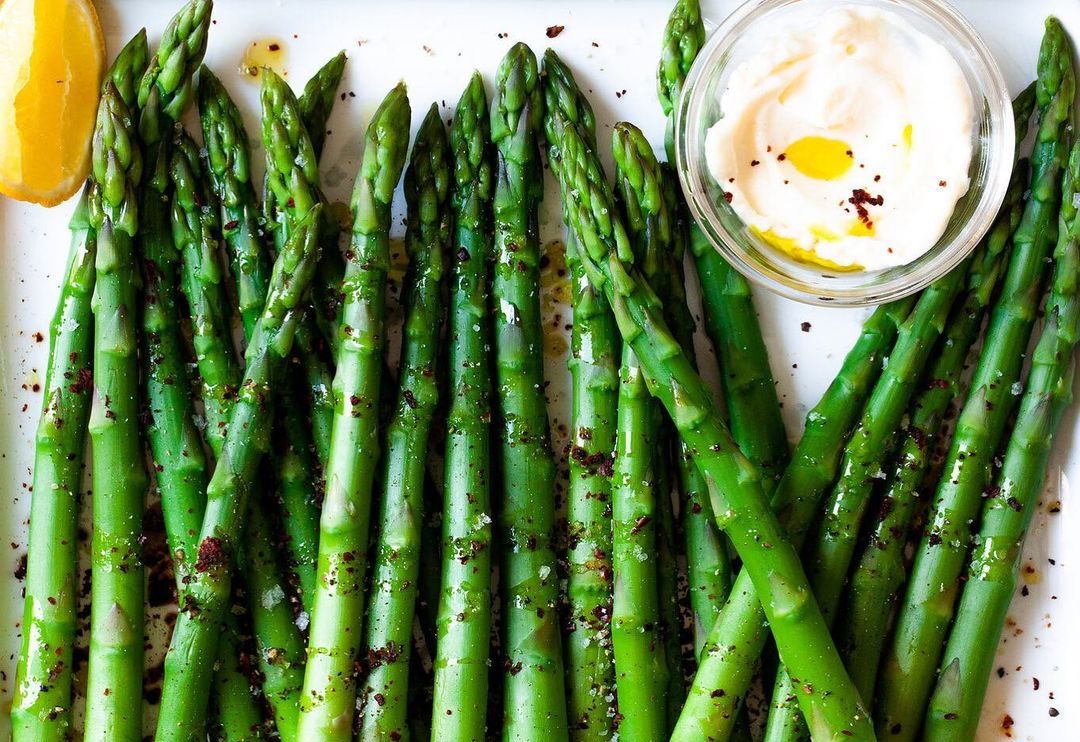
Asparagus is super easy for your gut to process, making it a prime choice if you’re encountering stomach issues. The veg also contains prebiotics, supporting the development of healthy bacteria in your gut. Frequent consumption of asparagus will lead to long-term gut health, reducing cramps and gas.
Avoid drinking with a straw

While drinking with a straw prevents your makeup from smearing, it can have adverse effects on your stomach – including the embarrassing feat of increasing flatulence. The first sip of your drink immediately introduces high levels of air into your gastrointestinal tract. Instead, slowly sip your drink from your glass, reducing your air intake.
Beets
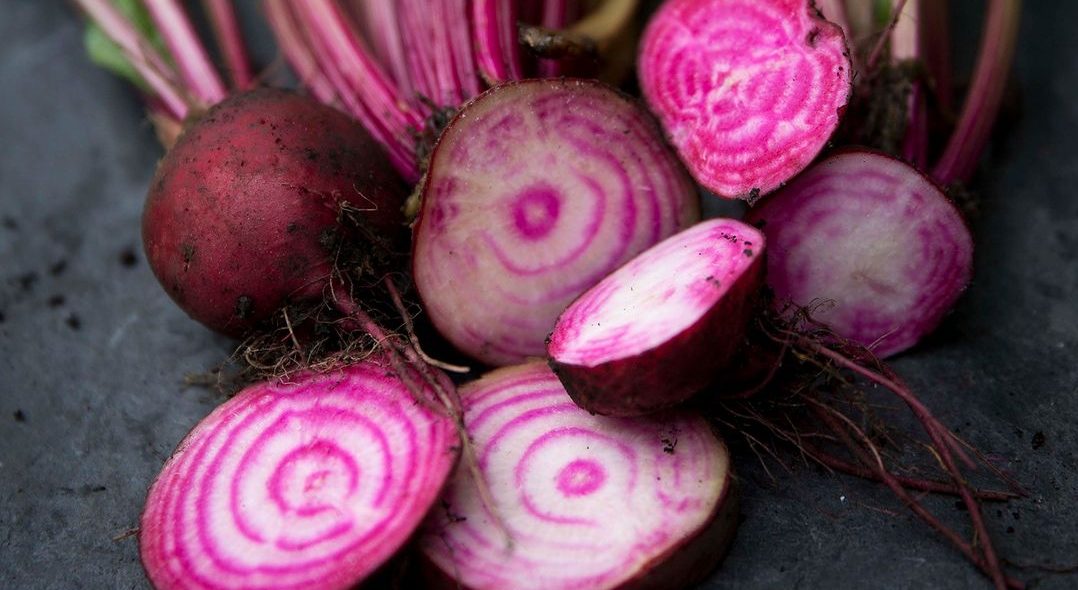
Beets are one of the best foods for you, with one cup of the veg containing more potassium, fiber, and protein than the average banana. The high levels of potassium help to fight off any gut-based woes, combating sodium levels. As ever, enjoy beets in moderation – consuming too many of roots may result in higher levels of flatulence.
Drink plenty of water

Surprisingly, a lack of water can be behind increased levels of gas. Ensure you regularly drink water throughout the day, keeping yourself nice and hydrated. While drinking plenty of h20 may result in initial bloating levels, the more your body adjusts to it, the less bloated you’ll eventually feel.
Ginger
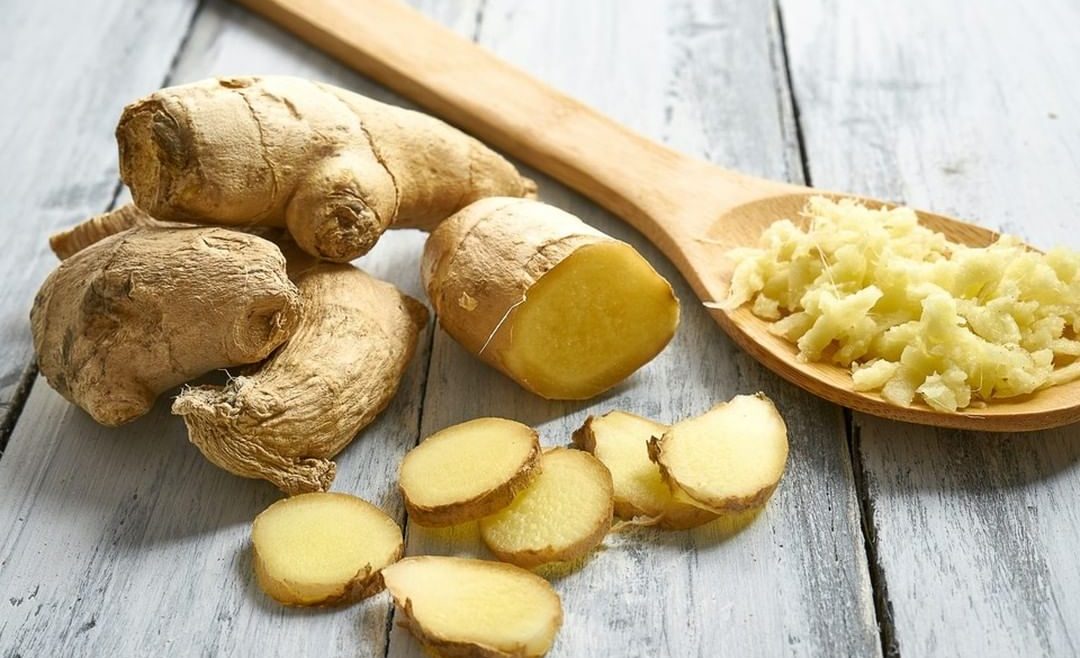
This health-boosting root has been used in medicinal remedies for decades, providing much-needed relief to numerous gut problems. Containing the enzyme zingibain, ginger helps to break down the proteins found within the stomach, relieving symptoms of bloating and flatulence, alongside reducing inflammation in your intestines.
Bananas

Bananas can help ease feelings of bloating, alongside reducing the number of times you need to toot. Ensure you wait until the fruit is ready to eat – as bananas ripen, their resistant starch is broken down into simple sugars, which are much more digestible for your gut.
Lemons
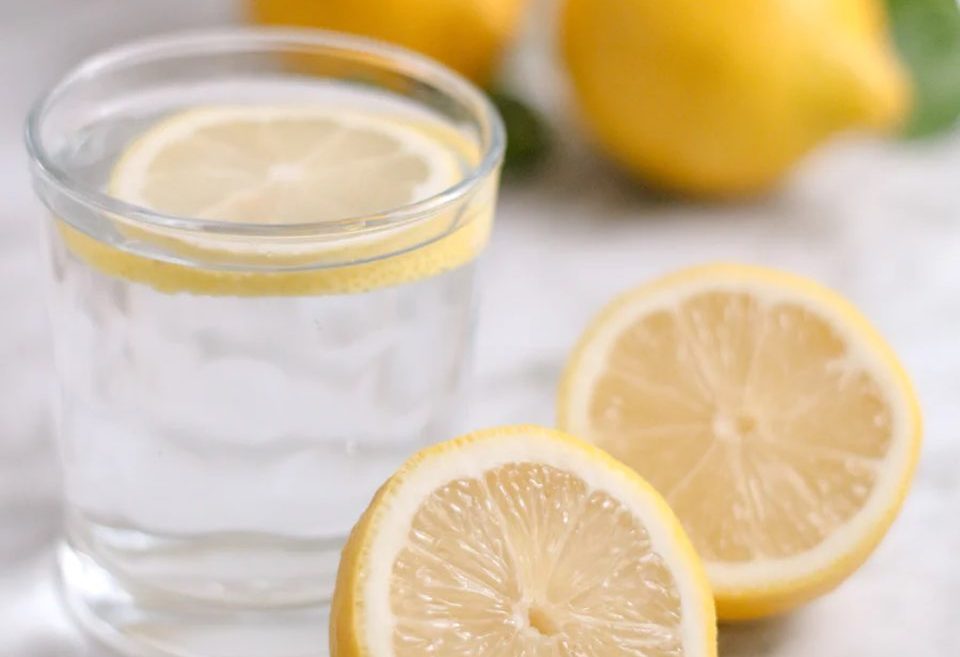
Consuming lemons before you start your day is an ideal way to prevent any gut issues. The zesty fruit soothes indigestion and bloating, alongside increasing the production of bile which prevents the formation of gas. Place lemons in water for an easy way to soak up all of their beneficial nutrients.
Avocados
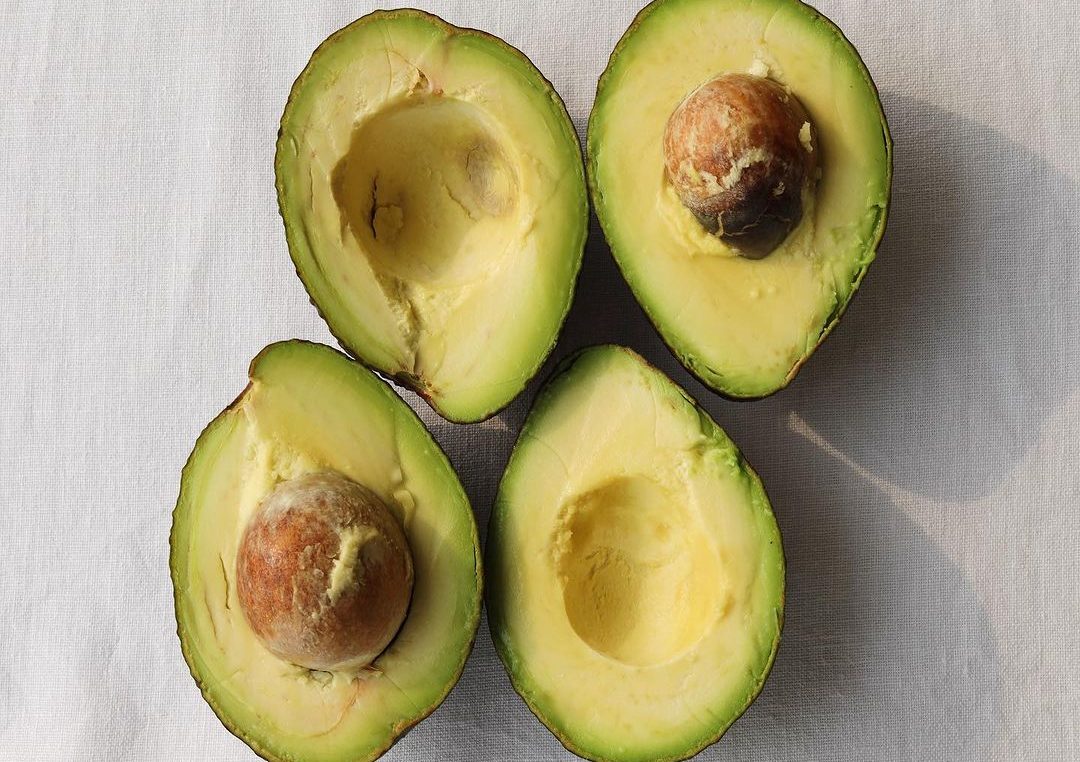
Eating avocados helps to promote frequent bowel movements, easing symptoms of belly bloat, constipation, and flatulence. Full of potassium and antioxidants, avocados help to break down fiber found in your stomach, resulting in a lighter, bloat-free lifestyle. Enjoy these high polyol foods in moderation, as they’re rich in natural fats.
Oranges

Snacking on a hydrating orange is a great way to ease any stomach issues. Full of water, vitamin C, and fiber, these delicious fruits almost instantaneously ease bloating, alongside reducing the frequent need to pass gas. The acidity found within the fruit enables a more efficient breakdown of other foods, resulting in less gas brewing in your stomach.
